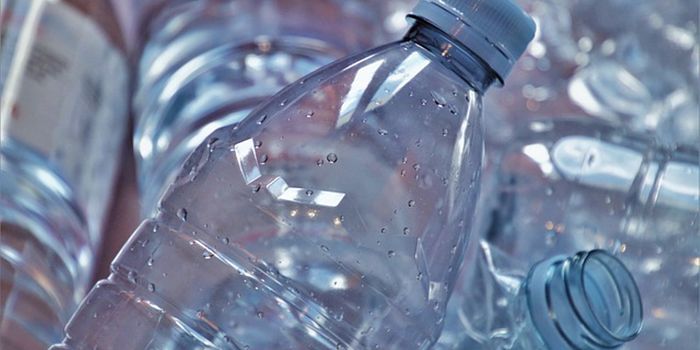Machine Learning May Help in the Diagnosis of Inherited High Cholesterol
Familial hypercholesterolemia, or FH, is an inherited genetic mutation affecting how the body recycles low-density lipoprotein (LDL) cholesterol (bad cholesterol). Therefore, when left untreated, LDL levels in the blood remain very high. Everyone’s cholesterol levels tend to rise as they get older, but for those with FH, they start with high levels of LDL, which go even higher. Just like with non-inherited cholesterol issues, high LDL levels can lead to plaque accumulation, resulting in a greater risk of coronary heart disease. Over a 30-year span, when compared to people with average LDL cholesterol levels, people with FH have a five times greater risk for heart disease. According to a National Health and Nutrition Examination Survey, one in 250 adults have the FH genetic mutation, and men and women are affected equally.
The best-known method for diagnosing FH is genetic testing. However, genetic testing has not been universally implemented. The application and the interpretation of its results require specialized expertise, and because of this, genetic testing for FH is typically only available in selected university hospitals, etc. Therefore, clinical scores have been implemented to diagnose FH. Clinical scores are much easier and more affordable to implement but are less accurate than genetic testing. The most common clinical score is the Dutch Lipid Score, which takes into consideration the individual’s clinical history, family history of premature cardiovascular disease, LDL levels, and a physical examination.
In a recent study published in the European Journal of Preventive Cardiology, Pina et al. explored machining learning algorithms to diagnose FH. They studied three different machine learning algorithms. The three algorithms employed in this study were a classification tree, gradient boosting, and a neural network. All of the machine learning algorithms outperformed the Dutch Lipid Score in the diagnose of FH, where gradient boosting and the neural network performed the best.
The researchers collected data from 248 patients from the FH Gothenburg clinic and 364 patients from FH-CEGP Milan. The former was slit into a training dataset and a test group, whereas the trained algorithm was tested on the entire dataset of the latter.
Says Anna Pina, the first author of the study:
“Our results do not imply that machine learning can replace the Dutch Lipid Score at a population level; rather, that machine learning may help the genetic diagnosis of familial hypercholesterolemia, especially in the context of specialized lipid clinics.”









